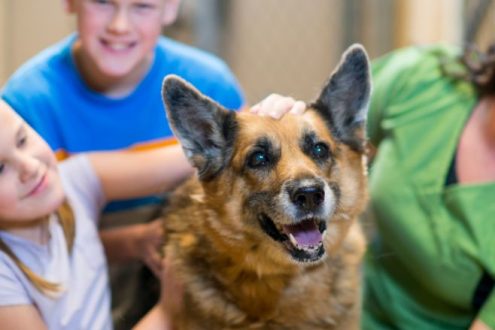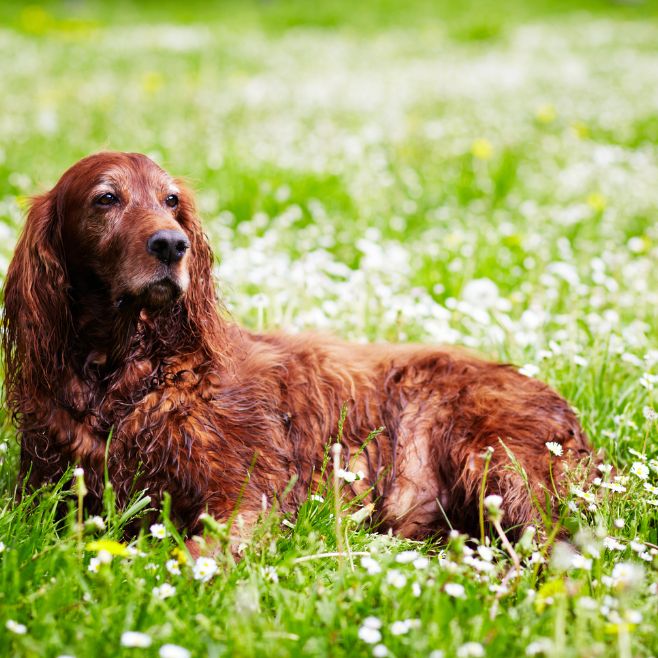Senior Pet care
Senior Pet Care: How to Keep Your Aging Pet Healthy and Happy
As your furry friend ages, their needs will change. Senior pets require different care than younger pets, including more frequent veterinary check-ups and changes to their diet and exercise routine. In this article, we’ll discuss the importance of senior pet care and what you can do to keep your aging pet healthy and happy.
Trusted Team
Peace of mind
We love pets
Convenience
Why Is Senior Pet Care Important?
Senior pet care is important for several reasons:
Early detection of health problems: Senior pets are more prone to health problems, such as arthritis, diabetes, and kidney disease. Regular veterinary check-ups can help detect these problems early, when they are most treatable.
Changes in diet and exercise: Senior pets may require changes to their diet and exercise routine to help maintain their health and mobility.
Maintaining quality of life: By providing proper senior pet care, you can help ensure that your furry friend enjoys a high quality of life in their golden years.


What Can You Do to Keep Your Senior Pet Healthy and Happy?
There are several things you can do to help keep your senior pet healthy and happy:
Schedule regular veterinary check-ups: Senior pets should see a veterinarian at least twice a year for a thorough physical exam and blood work to check for health problems.
Adjust their diet: Senior pets may require changes to their diet to accommodate changes in their metabolism and digestion. Your veterinarian can recommend a high-quality senior pet food that is appropriate for your furry friend’s needs.
Provide regular exercise: Senior pets may need to adjust their exercise routine to accommodate changes in their mobility. Gentle exercise, such as short walks or swimming, can help keep your furry friend active and healthy.
Provide proper dental care: Senior pets are more prone to dental problems, such as gum disease and tooth loss. Regular dental check-ups and teeth cleaning can help maintain their oral health.

